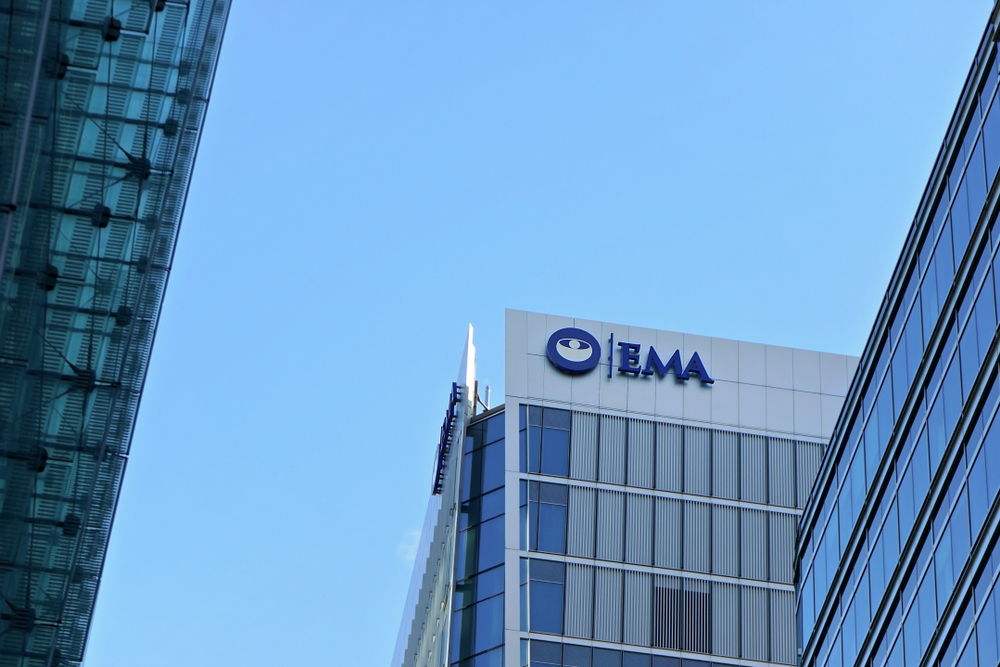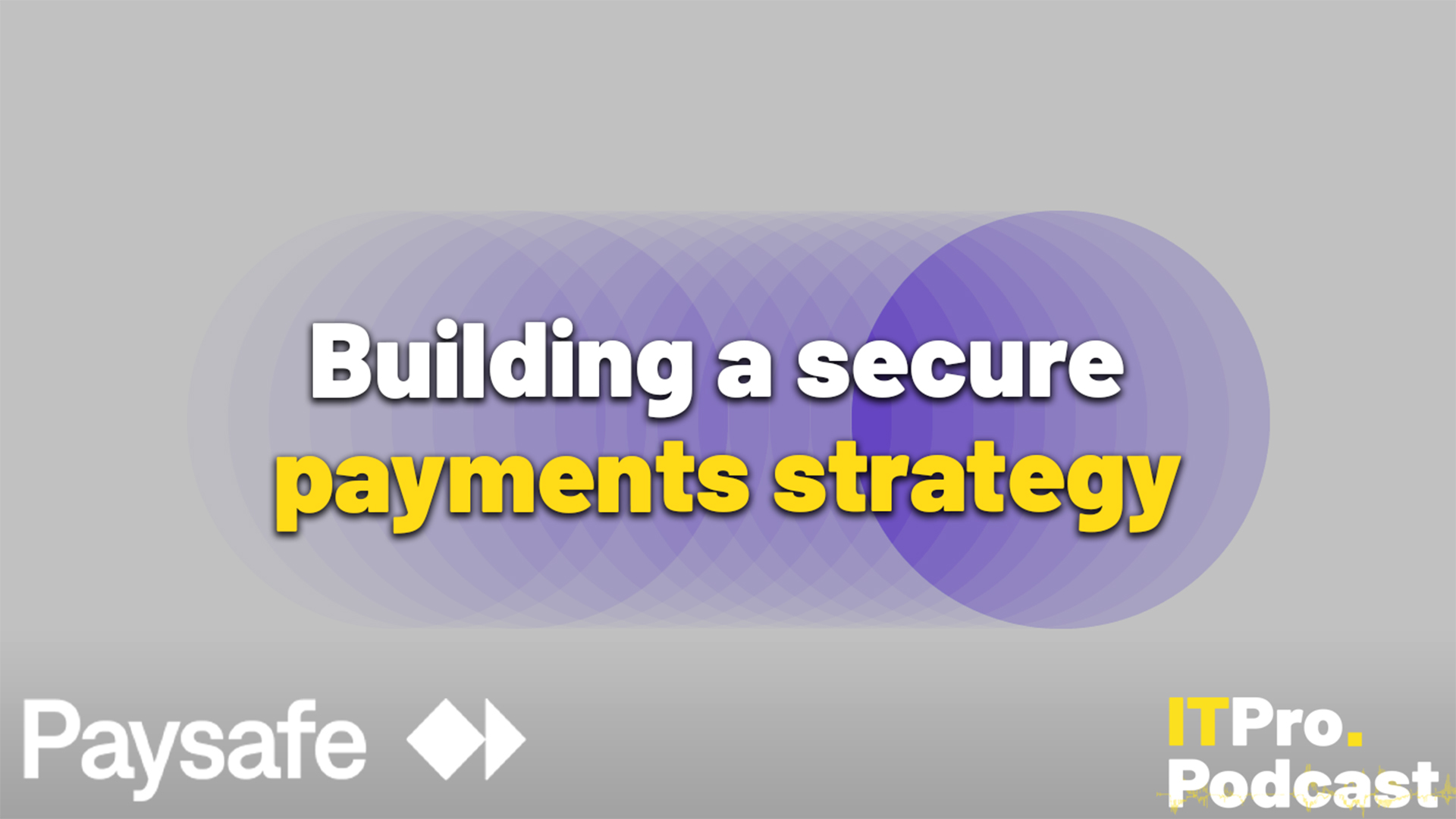Hackers accessed vaccine documents in EMA cyber attack
Information relating to the Pfizer/BioNTech vaccine was targeted during the attack on the European Medicines Agency


Documents related to the Pfizer and BioNTech's COVID-19 vaccine were "unlawfully accessed" by hackers after a cyber attack on the European Medicines Agency (EMA).
The EMA, which is responsible for assessing and approving vaccines for the European Union, said in a statement on its website that it had suffered a cyber attack and was working with law enforcement to investigate the incident.
"EMA has been the subject of a cyber attack. The agency has swiftly launched a full investigation, in close cooperation with law enforcement and other relevant entities," it said.
"EMA cannot provide additional details whilst the investigation is ongoing. Further information will be made available in due course."
While the EMA didn't reveal any further details, Pfizer and BioNTech said in a joint statement that some documents related to their COVID-19 submissions were accessed by hackers during the attack.
"Today, we were informed by the European Medicines Agency (EMA) that the agency has been subject to a cyber attack and that some documents relating to the regulatory submission for Pfizer and BioNTech’s COVID-19 vaccine candidate, BNT162b2, which has been stored on an EMA server, had been unlawfully accessed," Pfizer's and BioNTech's joint statement read.
"At this time, we await further information about EMA’s investigation and will respond appropriately and in accordance with EU law. EMA has assured us that the cyber attack will have no impact on the timeline of its review."
Sign up today and you will receive a free copy of our Future Focus 2025 report - the leading guidance on AI, cybersecurity and other IT challenges as per 700+ senior executives
It was not immediately clear when or how the attack took place, who was responsible or what other information may have been compromised.
The UK's National Cyber Security Centre (NCSC) said it was "working to understand the impact of the incident" on the UK, the first country where the Pfizer/BioNTech vaccine has been deployed.
"There is currently no evidence to suggest that the UK’s medicine regulator has been affected," an NCSC spokesperson added.
News of the attack comes just days after IBM revealed that global phishing campaign is targeting organisations working to ensure the temperature-controlled storage and transportation of the COVID-19 vaccine.
According to IBM Security X-Force, targets included organisations within the energy, manufacturing, website creation, and internet security industries across Germany, Italy, South Korea, Czech Republic and Taiwan.
Carly Page is a freelance technology journalist, editor and copywriter specialising in cyber security, B2B, and consumer technology. She has more than a decade of experience in the industry and has written for a range of publications including Forbes, IT Pro, the Metro, TechRadar, TechCrunch, TES, and WIRED, as well as offering copywriting and consultancy services.
Prior to entering the weird and wonderful world of freelance journalism, Carly served as editor of tech tabloid The INQUIRER from 2012 and 2019. She is also a graduate of the University of Lincoln, where she earned a degree in journalism.
You can check out Carly's ramblings (and her dog) on Twitter, or email her at hello@carlypagewrites.co.uk.


